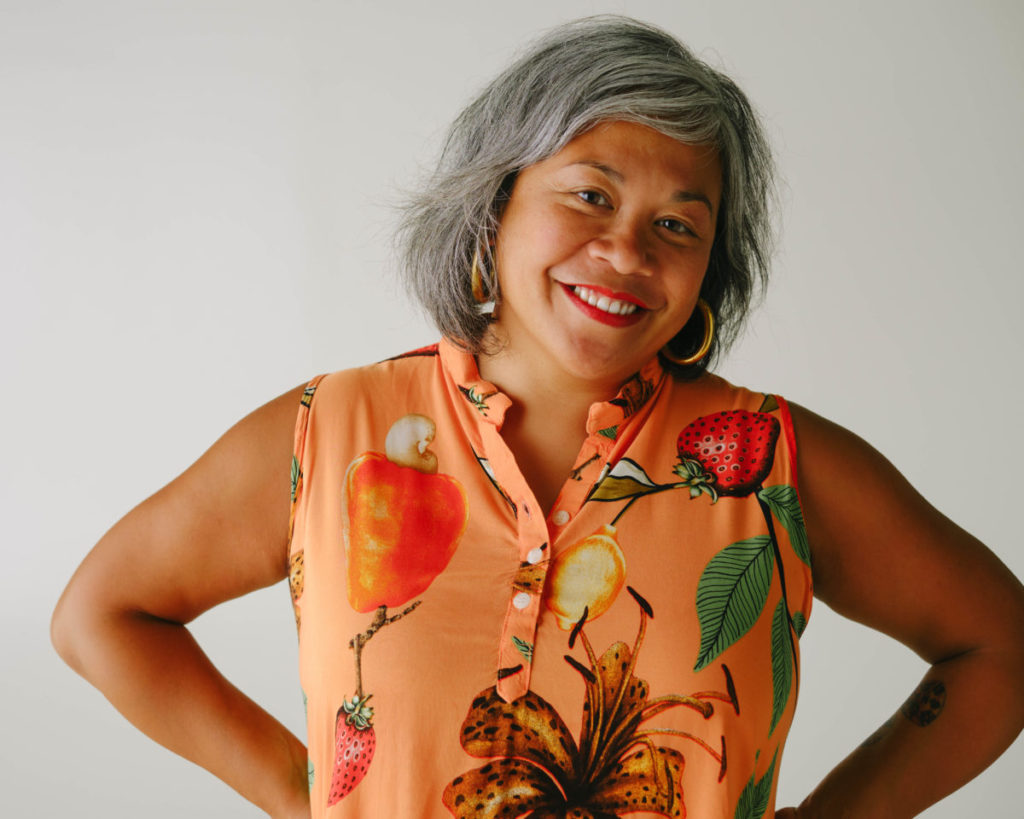
In 2018, Angela Garbes published her first book, a well-reviewed dive into the science and culture of pregnancy, when she found herself postpartum, clinically depressed and struggling for the next two years to write her second book. Then, the pandemic happened.
“I was home with my children for 5 months straight 24/7,” she recalled. “I was like, ‘There’s no way I’m going to be able to finish my book.’”
She channeled these feelings of frustration into a cover story for New York Magazine, with the headline “This Isn’t Working,” about how the burdens of childrearing, schooling, caretaking and running a home all fell to women. The article struck a deep chord and was retweeted by Melinda Gates and Elizabeth Warren.
“It was really validating because I felt so isolated and alone,” Garbes said. “I didn’t think that I was alone in my feelings, but I was not prepared for the reaction that happened.”
And so the lightbulb went off for her next book. Garbes shelved the collection of essays on the human body and expanded on the ideas in her article, which has turned into Essential Labor: Mothering as Social Change and will hit stores May 10.
The book, which explores the “care crisis” in America, helps to encapsulate a frenzied moment that saw everyone from CEOs to celebrities sounding the alarm on the burden of invisible labor on women. In the spring of 2020, according to the Associated Press, roughly 3.5 million mothers with school-age children either lost jobs, took leaves of absence or left the labor market altogether.
“It was not a humane system before the pandemic, and it still isn’t working for most people,” said Garbes, who is based in Seattle and was also tasked with caring for her aging parents along with assisting one of her children with virtual kindergarten. (She co-parents with her husband.)
While the burden of caretaking has historically and disproportionately fallen to women of color, Garbes noted that, this time, “There was this rage that was coming from more affluent white women [who] had not been activated or angered in this way before, because a complete dissolution of their child care infrastructure had not been something they had to deal with before.”
Since that time, the child care tax credit, which gave the nation’s poorest families a safety net, has come and gone. Paid family leave, a staple of President Joe Biden’s campaign, was slashed from his Build Back Better legislation in 2021.
“There were lots of things I felt really hopeful about, and since then I feel disillusioned and disappointed that we’re not investing,” she said. But, at the same time, “I cannot afford to give up hope, because we need change to happen.”
Garbes’ big fear is that people will stop talking about how much a reset is needed for working women in America, that the conversation about a problem that “flattened my identity,” said the author, will be confined to a few months at the pandemic’s peak.
“I spent a good chunk of the summer wishing that my urge to write and to be creative would just die so that I could be free,” she said. “It’s dark, but it was true. Then I wouldn’t have felt guilty that caregiving wasn’t enough for me.”
Luckily, more women with a platform are speaking up about these issues. Girls Who Code founder Reshma Saujani recently came out with Pay Up: The Future of Women and Work, a book about how mothers experienced doing double duty during the pandemic.
And Garbes says she won’t stop talking about it, either.
“If I have one hope for this book, it’s that I never plan to shut up about this,” she said. “The pandemic clarified for me that taking care of people is the only essential work there is. Without people to take care of our children, our disabled, our elderly, we’re f—-ing lost.”◼️




